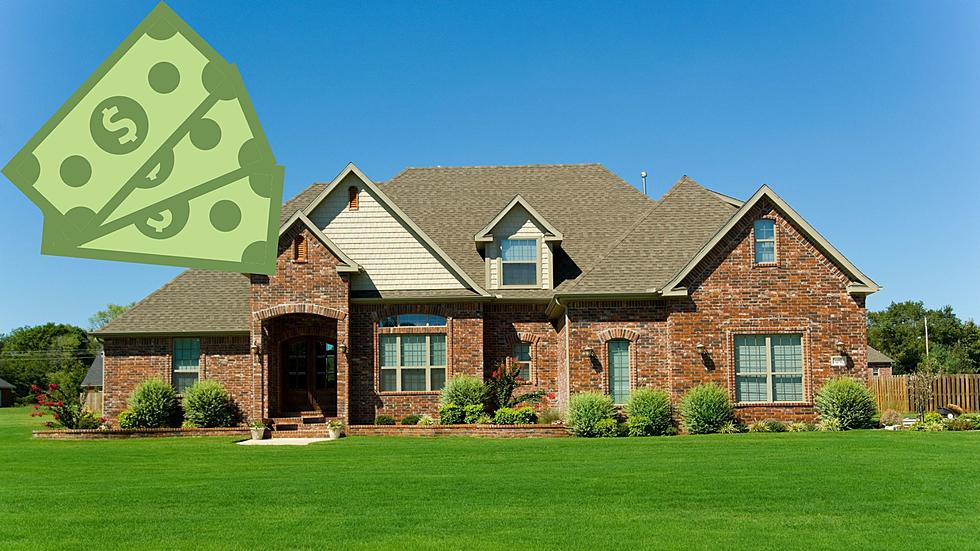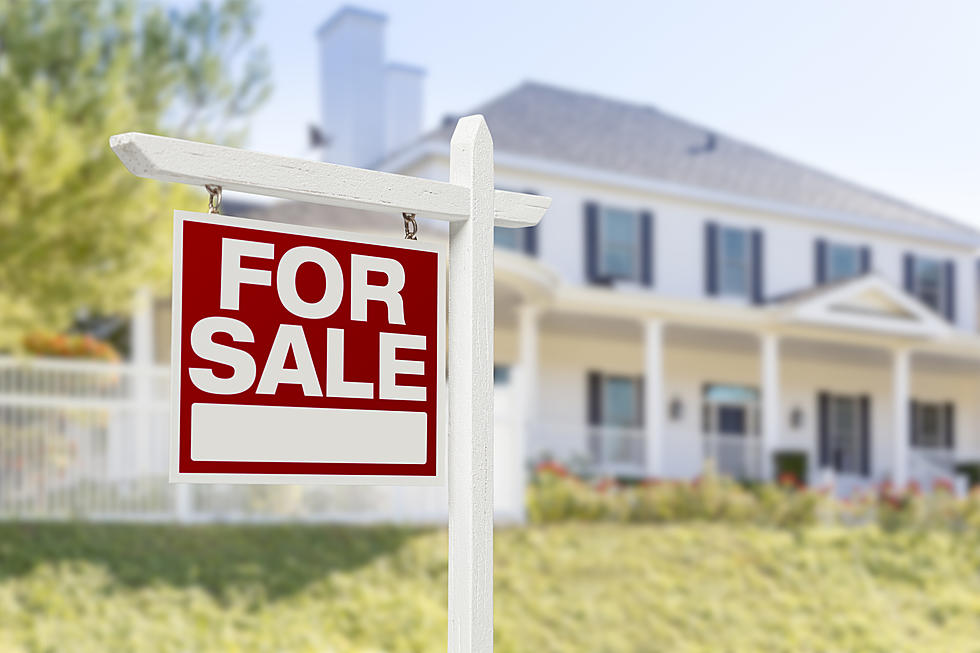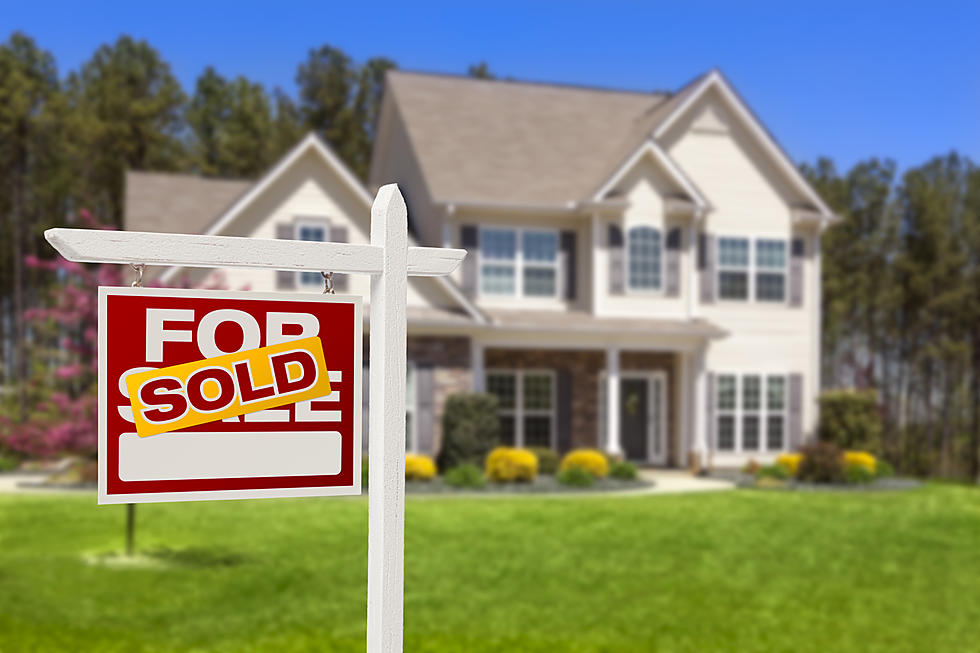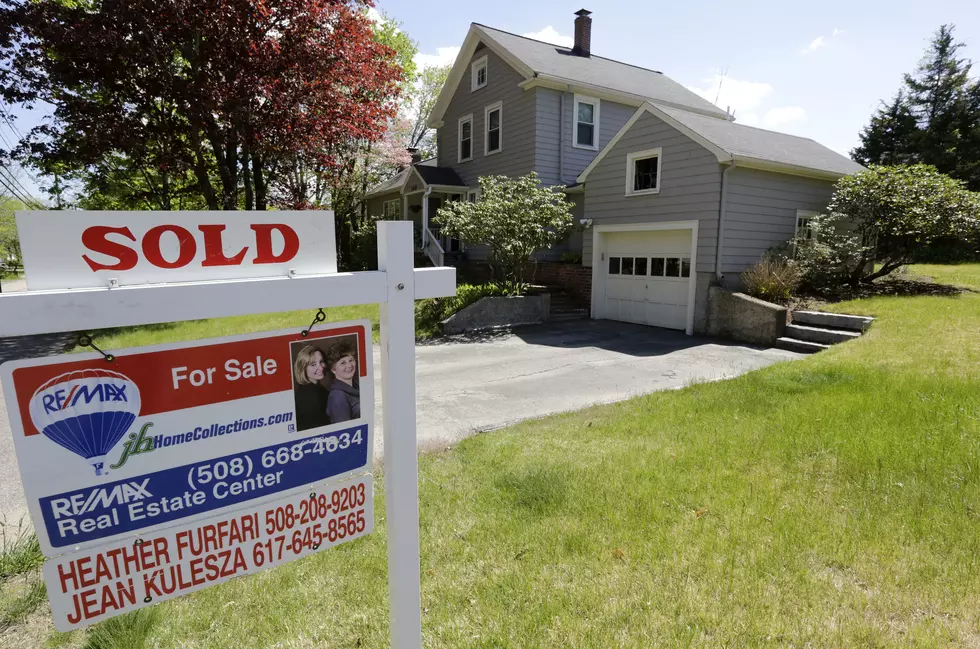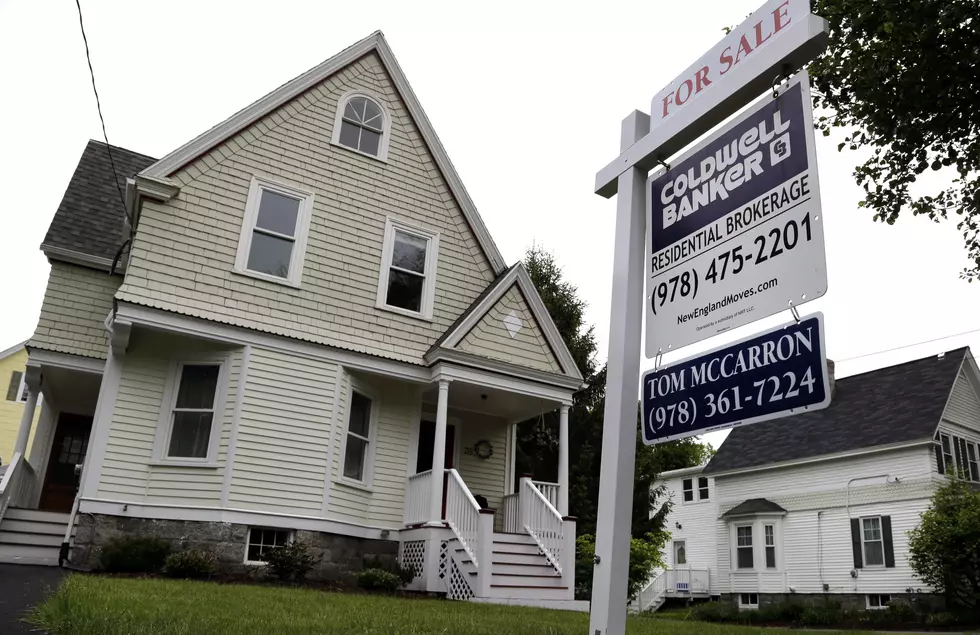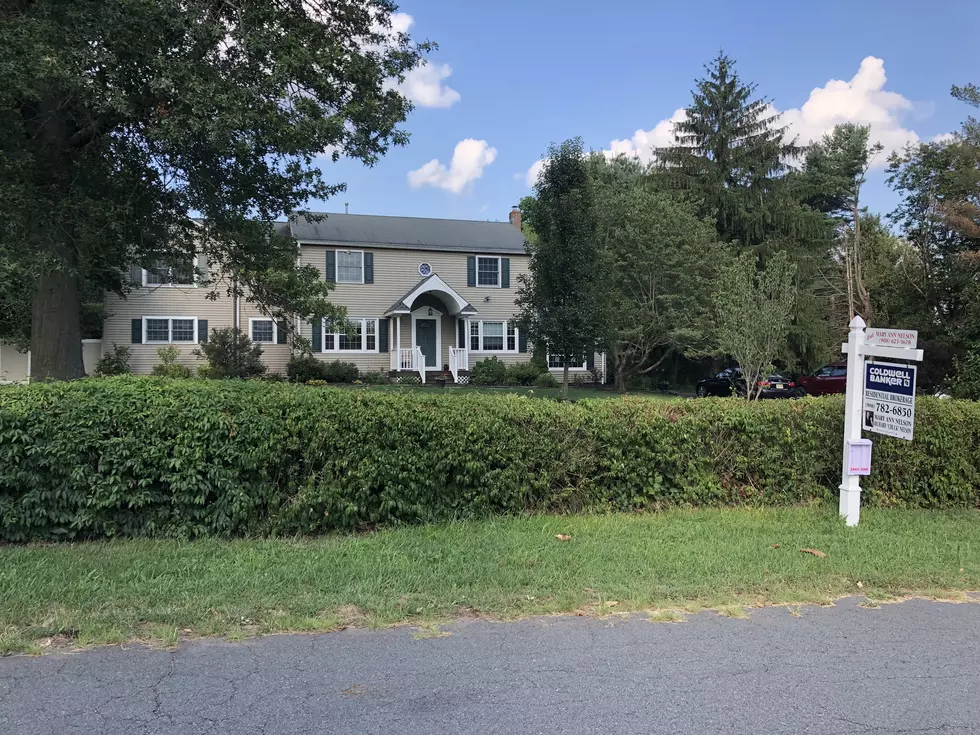
No meltdown: NJ home values rise, despite fears of tax law
When federal tax law was changed a year and a half ago, alarms were rung by the real-estate industry warning it would be a gut punch to home values in high-tax, high-price states – especially New Jersey.
That hasn’t been the case, at least not yet.
The median sales price for a home in New Jersey is nearly 5% higher than one year ago, at $319,000, according to New Jersey Realtors. That’s in line with the year-over-year change nationally and in the Northeast.
Since the changes to the federal tax law were enacted in December 2017, the year-over-year change in the median sales price of all properties sold in New Jersey has ranged monthly from 2.5% to 7.4%, with the current 4.8% right in the middle.
That’s not to say the tax law has had no impact, as the number of sales are down nationally and in particular in New Jersey. The inventory of homes for sale in the state is also 10% less than a year ago. But the impact doesn’t seem to have been more acute in New Jersey.
“We haven’t seen the results of it yet. I think next year will be an interesting time to tell,” said Ilene Horowitz, president of New Jersey Realtors. “I think we’re going to see more next year how it has affected us.”
Horowitz said that now that people have filed their taxes once under the new law, they have a better understanding of the impact and that it could affect their home-buying plans. But she also said “the summer was even busier than the actual spring” in terms of buyer interest.
Moody’s Investors Service had said the effect would peak in 2019, then fade. It said 15 of the 30 counties where home values would be hit hardest are in New Jersey. Values weren’t expected to fall, necessarily, just be lower than they would have been otherwise.
The tax law was expected to affect housing prices in three ways: by capping at $10,000 the amount in state and local taxes that people could deduct from their taxable income; doubling the standard deduction, which reduces the need for mortgage interest deductions; and lowering the size of a mortgage, from $1 million to $750,000, on which a person can claim an interest deduction.
“When we talk to our buyers, it does come up in conversation, with the cap that we have now to write-offs for properties where the tax is over $10,000,” Horowitz said. “I think buyers are looking into it with caution with the higher taxes, but we haven’t seen a big effect yet.”
While home values haven’t fallen, the decline in home sales can be seen in the state budget.
Revenues from the state’s realty transfer fee, paid by home sellers, has increased for seven straight years, by an average of nearly 12% annually. However, the increase from the certified 2018 total to the revised 2019 projection was just 1.6%, and the increase for fiscal 2020 is forecast at 0.3%.
Revenues from a separate assessment on properties worth $1 million or more, which is paid by the buyer, are projected to increase 3% this fiscal year, after a projected 8% rise in the fiscal year that ended a month ago.
Combined, the two taxes are forecast to yield $537 million for the 2020 state budget, the most since 2006 and the second-highest total in state history.
New Jersey: Decoded cuts through the cruft and gets to what matters in New Jersey news and politics. Follow on Facebook and Twitter.
Michael Symons is State House bureau chief for New Jersey 101.5 and the editor of New Jersey: Decoded. Follow @NJDecoded on Twitter and Facebook. Contact him at michael.symons@townsquaremedia.com
More From New Jersey 101.5 FM
